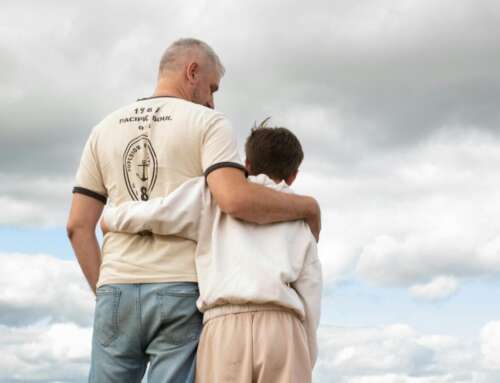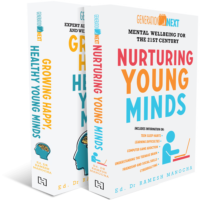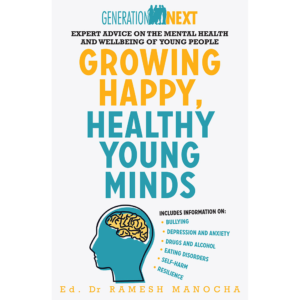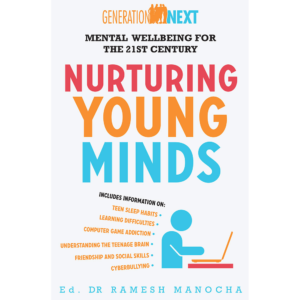If you have ever plugged in too many devices at home and caused a blackout, you’ll know what it is like when a circuit becomes overloaded. Everything shuts down. This happens for people too after really high stress situations. We can all shift from ‘all-systems are-go, action stations’ status where we are on high alert and handling things well to being a shaken, crumbling, exhausted wreck.
Let’s talk about how to make sure no one spends too much time with the aftershocks of high stress events. The most likely outcome of a high stress event is that most people fully recover. Let’s try to make that outcome the one you have too.

React
No one enjoys being out of control. Being overwhelmed feels dreadful and powerless. To cope with a really high stress incident we switch off a lot of our awareness and focus on doing what we need to do to survive.
During this time and afterwards we can feel numb.
Some people stay numb for a while. Others come back from their numbness with shivering, vomiting, diarrhea, sweating, feeling their heart racing, snappy at people and unhappy with themselves. Memory and concentration may be patchy. Problem solving skills are at an all-time low. These feelings are normal for someone who has been through a really high stress time.
Everyone is different. High stress events activate not only the current situation but awakens all of the previous times we’ve been really stressed as well.
Remind yourself that your feelings are a result of what you have been through. While they may feel awful, know that these feelings will eventually pass.
Reset
The emotional after – shocks can be as challenging as the initial event. When the rush of coping and getting through is done, the body really gets to work in letting you know what it has been through.
All sort of feelings spring up and can take you by surprise – feeling startled for no reason, nightmares, clinginess, panic, a bleak sense that the world is a bad place and depression.
People can feel jumpy, grumpy and exhausted. Bad dreams can keep them awake. Children may re-enact the high stress moment in their play. These feelings are normal at this time.
When we have felt out of control, we often begin by wanting to keep things under control, We might stay alert and on-guard all nigh t or we may go to the toilet more frequently.
At this time the number one recovery strategy is to feel safe. Focusing too much on the media and social media is not helpful at this time.

Recover
When someone’s circuit has gone into overload, it doesn’t take much to trip it back into that state. Seemingly minor events can do this.
After-shocks from the high-stress event may continue for some time. They may come and go. At those times you need to do whatever you need to do to feel safe.
We need to start healing the body and the mind. Give your mind options. Right now, do you feel like being- Social or alone? Active or quiet? Calm or upset? Talk or not? Feel angry or feel hopeful? Rest or be busy? High-stress events often take choices away. One step to recovery is to give yourself the power to make choices. Do what gives you comfort.
Give your body time to heal. Start by breathing out slowly for three or four breaths at a time. Exhaling slowly helps to reset your circuit.
If you feel agitated do something active. The build-up of adrenaline and cortisol in our systems can make us feel edgy and agitated or snappy. Exercise that gets our heart rate up even slightly, helps us to shed these stress hormones.
Find calm pleasant things to do. If there is somewhere you feel safe, go for a walk. Stretch, take a bath, do yoga, move or dance to music or go for a swim. Singing, humming and drawing can also be useful. Notice what soothes and calms you.
Try not to use too many substances to suppress your feelings. Your body holds a lot of memories and knowledge and by listening to what your body needs and helping it get back into positive routines helps.
Talk to someone who can help you to make as much sense of the events as possible. You don’t need to go over and over the event. Just do enough so you can clearly fill in the remainder of this statement, “What happened was that…”
This is a time for eating well, sleeping well, moving well and hugging well.
Some of the types of ‘after-shocks’ that people experience include:
- Sleepiness or sleep deprivation
- Exhaustion
- Fearfulness
- Clinginess to some people
- Seeking & re-seeking reassurance
- Feeling rattled & unsettled for no clear reason
- Feeling sad & withdrawn
- Thinking the same thoughts over & over again
- Irritability, anger and temper tantrums
- Scrambled thinking – memory lapses and poor concentration
- Vivid recollections of the event
Reclaim
If the high-stress event has negatively affected others, it can feel unfair to start having some good moments again. However, your recovery will be helpful to other people. It is useful to be a role model and show others that even awful times can be recovered from.
You may still have emotional after-shocks. Be very clear with yourself that these are a result of the high-stress event. They are not your usual way of being.
Healing is a process and it will take some time to complete its work. Gradually over time we want to tilt the balance towards having more times when you are your usual self and less times when your life is influenced negatively by the event. This requires optimal self-care.
Renew
The high-stress event probably wasn’t one you would choose to have. It is likely you had no say in it at all.
There is more to you and your life than this event. Use the high-stress event to give you an important life lesson – life is precious and we need to try to enjoy it as much as we can.
If you have set-backs from time to time, recognise that it is a signal that there is some more healing to do.
Spend time and appreciate your family, loved ones and friends. We all heal better in the company of people we love and trust. Focus more on what is good in the world than what is bad.
Eventually you may think about the knowledge the event has given you and that can lead you to consider whether making a contribution to others could be a good thing to do.
More information
Andrew’s website http://www.mylearningstrengths.com has helped over 40,000 young people in the past year discover their learning strengths.
Book for Parents
- Tricky Behaviours
- The A to Z of Feelings
- Unlocking Your Child’s Genius (Bad Apple Press)
Book for Teachers
Neurodevelopmental Differentiation – Optimising Brain Systems to Maximise Learning (Hawker-Brownlow)







